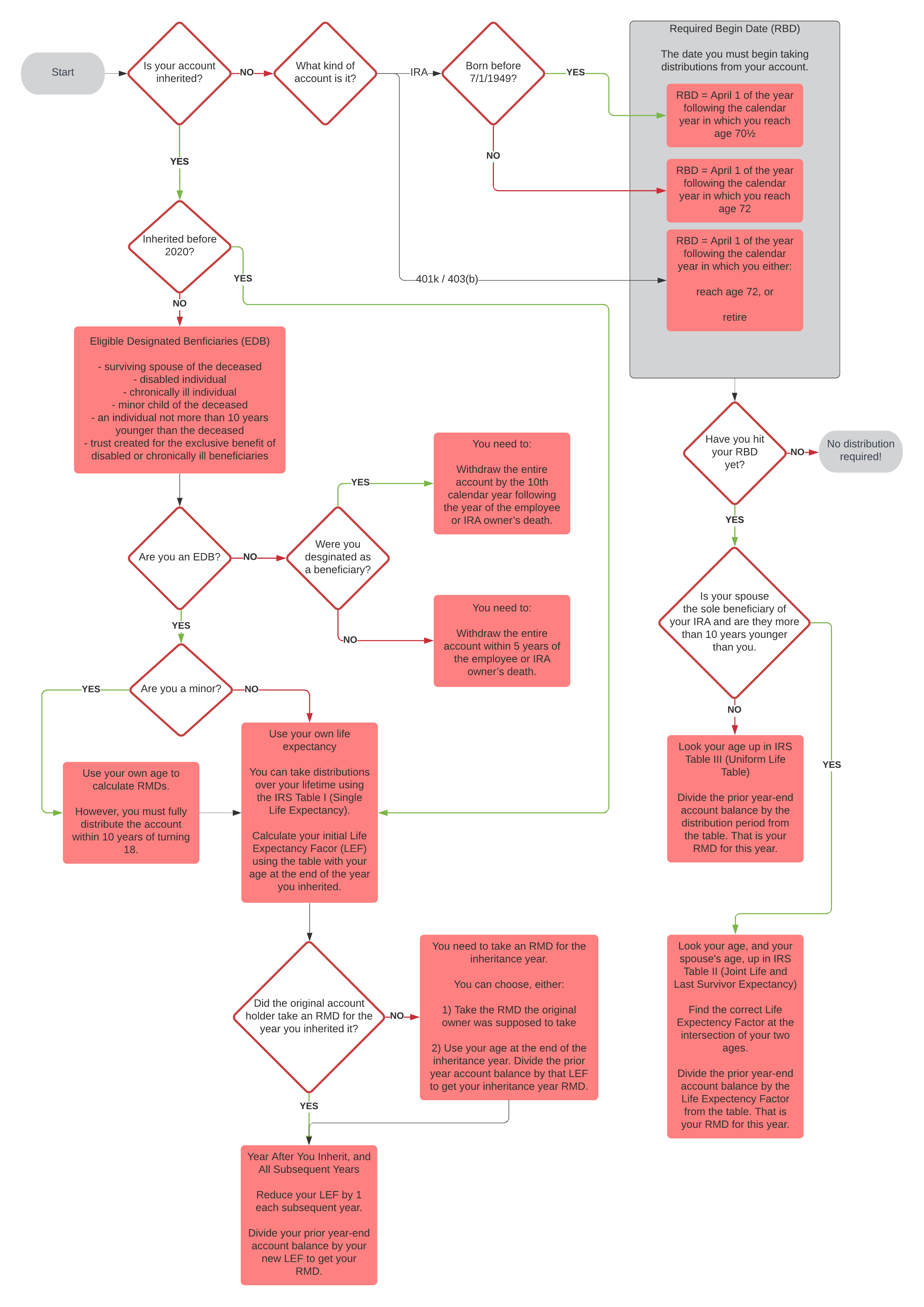For many individuals, saving for retirement is a top priority. One popular savings vehicle is the Roth IRA, known for its tax-free growth and withdrawals. However, not everyone is eligible to contribute directly to a Roth IRA due to income limits. Enter the Backdoor Roth IRA and Mega Backdoor Strategies, which provide high-income earners with an alternative path to tax-advantaged retirement savings. In this article, we’ll explore these strategies, their benefits, and potential pitfalls.





